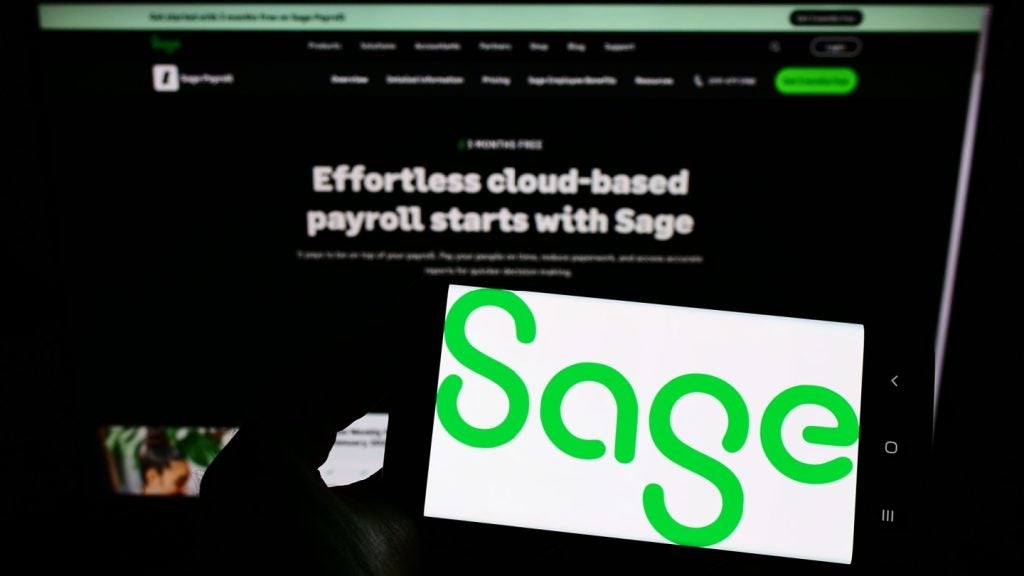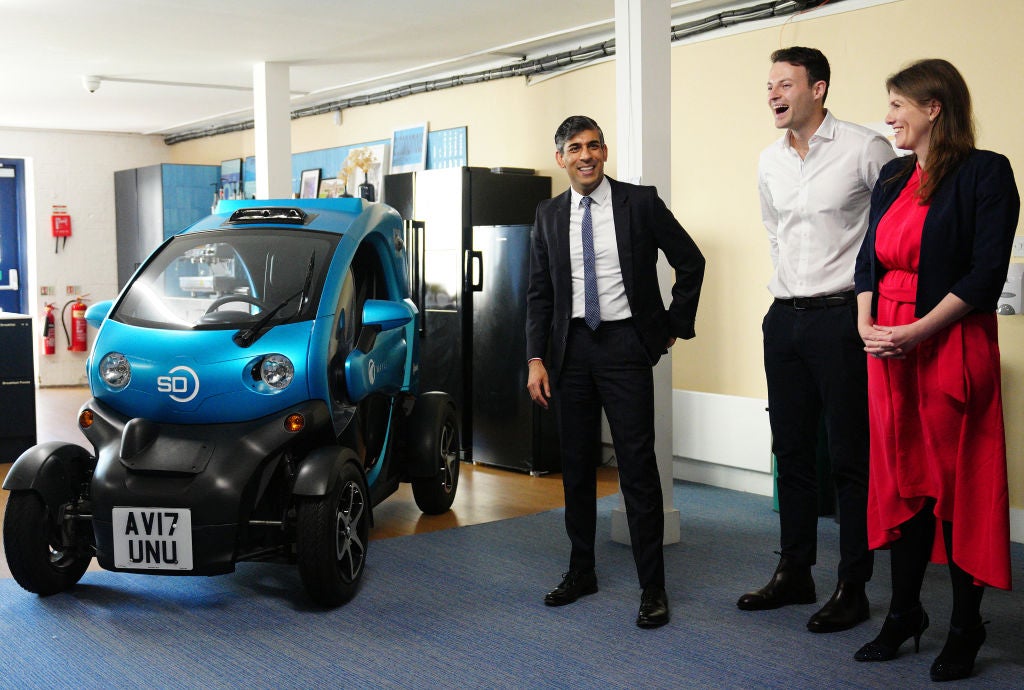
The prime minister of the UK, Rishi Sunak, has received global condemnation for his government’s decision to water down climate and environmental targets.
In a demoralizing speech on September 20, 2023, Sunak announced a postponement of the UK’s decision to ban the sale of petrol and diesel cars by 2030 and the phasing out of new gas boilers by 2026. Instead, both dates have been extended to 2035, and the ban on gas boilers has been loosened to include exemptions.
UK energy targets have been postponed
In the aftermath, both the private and public sectors alike have rushed to express their dismay. Disapproval runs the gamut from former vice president of the US, Al Gore, to CEO of Nissan, Makoto Uchida. Somewhere on the spectrum of opponents lie members of Sunak’s own conservative government.
A YouGov survey conducted in the days following his speech reveals that Sunak’s approval has fallen to a new low—dangerously close to the level of unpopularity Boris Johnson faced before being ousted from his premiership in 2022. In the wake of such a widespread negative reaction, it is unclear for whose benefit Sunak’s political grandstanding was intended.
Investors are concerned by UK climate U-turn
The environment is one of the rare themes of our day where, increasingly, the interests of activists, capitalists, and economists align. While advocates of climate policy have been marching for reform, businesses have been preparing for the new wave of consumer demand for clean technology. Auto makers selling to the UK market have been preparing for years for the anticipated influx of electric vehicle demand ahead of the original 2030 deadline. As early as 2021, Nissan had announced $1.4bn (£1bn) of investment in an electric vehicle plant in Sunderland.
The prime minister has been accused of putting party politics ahead of national security and even risking economic stability by not doing more to reduce the UK’s dependence on volatile oil and gas markets. Investor funds relying on growth in the UK clean technology markets have been left in a precarious situation now that incentivization has been removed.
How well do you really know your competitors?
Access the most comprehensive Company Profiles on the market, powered by GlobalData. Save hours of research. Gain competitive edge.

Thank you!
Your download email will arrive shortly
Not ready to buy yet? Download a free sample
We are confident about the unique quality of our Company Profiles. However, we want you to make the most beneficial decision for your business, so we offer a free sample that you can download by submitting the below form
By GlobalDataThe reversal in climate commitments is expected to deter further investment in the UK auto industry, particularly for electric vehicles, while the relaxation of the fossil fuel boiler phase-out will leave homeowners paying higher and more unpredictably priced bills. In fact, the Energy and Climate Intelligence Unit (ECIU) predicts that UK households could pay GBP8 billion ($9.74 billion) more in bills over the next decade as a result of this decision.
The UK still intends to meet its net zero pledge by 2050
Despite the watering down of the UK’s climate agenda, Sunak maintains that the country will still achieve its net-zero targets by 2050. Words, however, are cheap. The UK is moving in a direction that is at odds with the environmental policies of the EU and the US, both of which are being backed by hundreds of billions of dollars to strengthen their clean energy and electric vehicle industries and attract new investment.
The UK Conservative government, desperate to win votes after the successive failed premierships of Boris Johnson and Liz Truss, has been accused of trying to incite a culture war over the environment rather than putting the interests of the country first.
Among the numerous UK academics who have come out in opposition is Mark Maslin, professor of climatology at the University College London, who says “This is a classic political misdirection with the UK Prime Minister suggesting he is supporting normal people while not developing the UK green economy which could create large numbers of jobs, reduce everyone’s energy bills and greatly reduce the cost of living crisis – basic economics 101 which he seems to have missed”.









Related Company Profiles
YouGov Plc